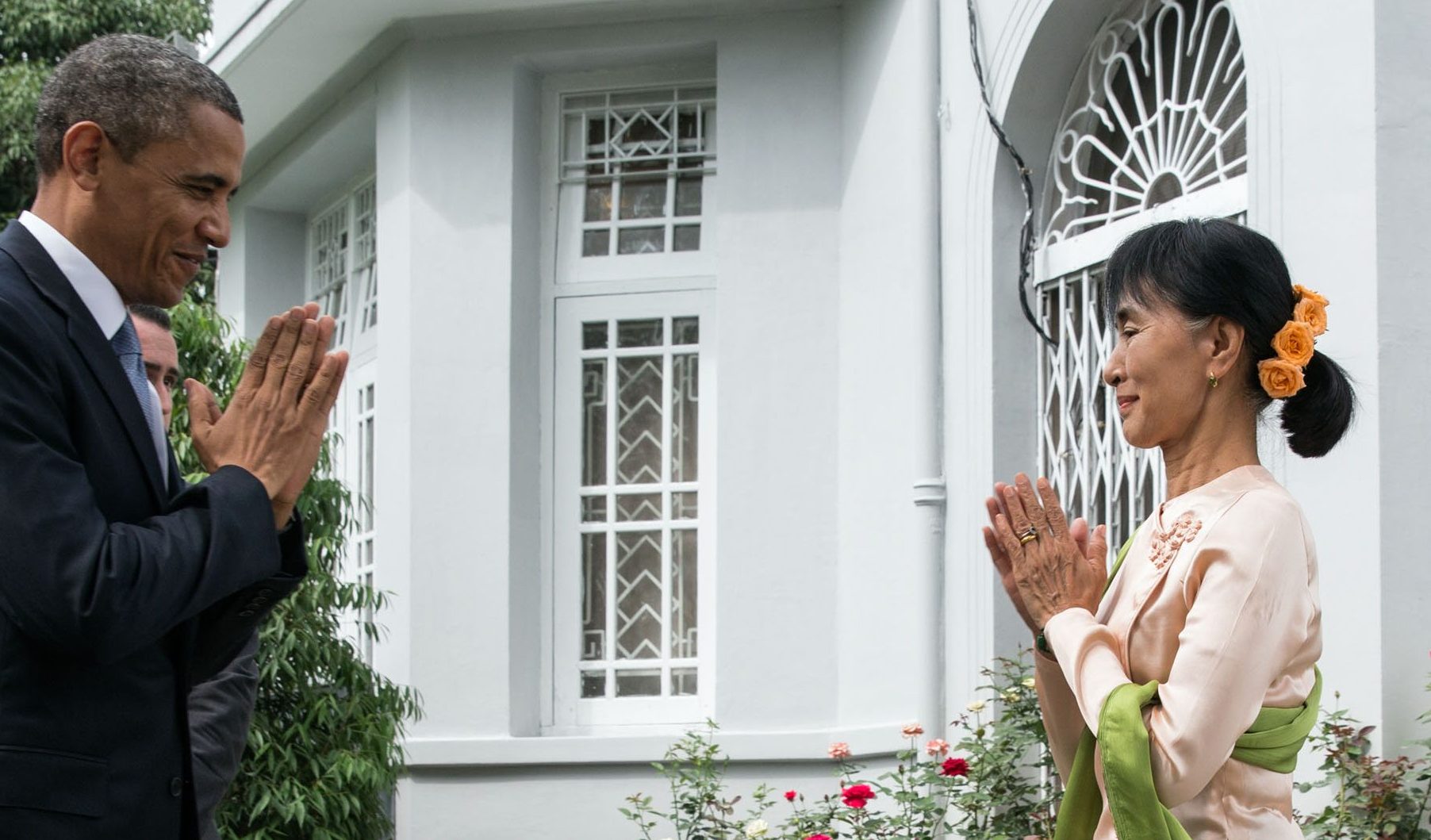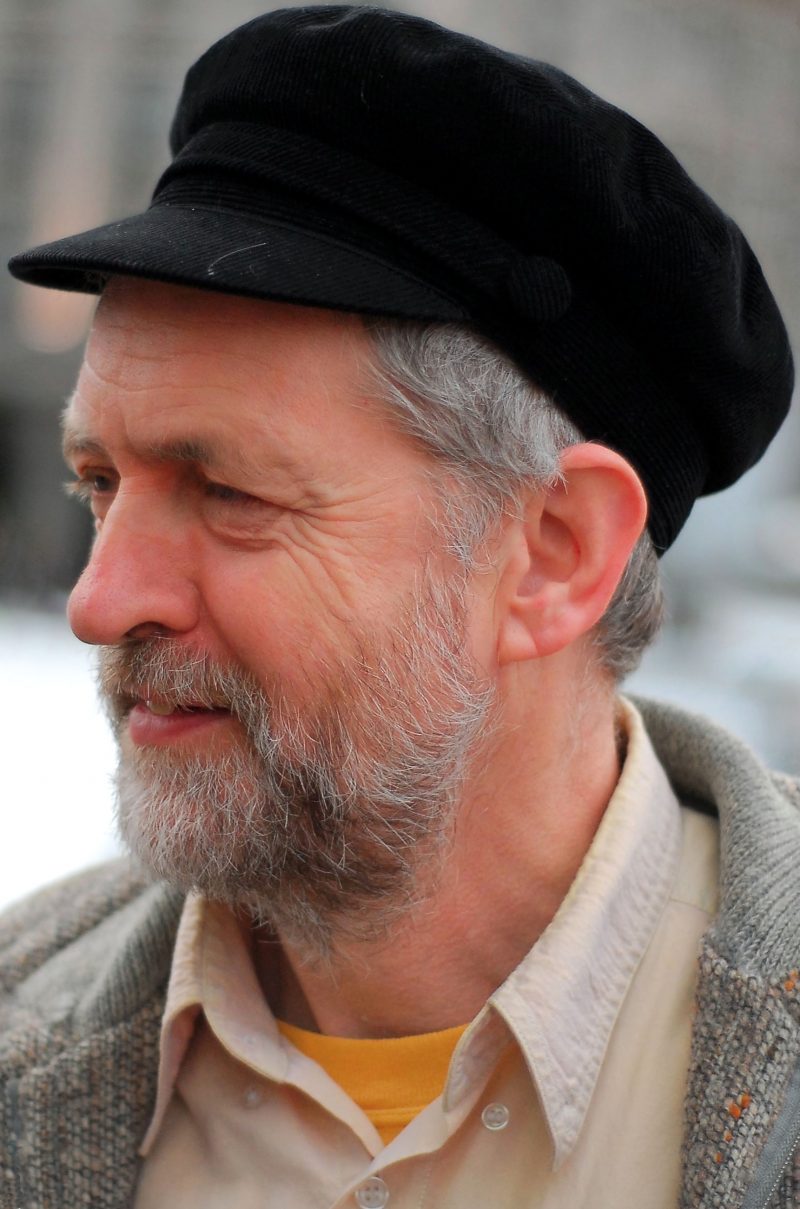Since an attack on a police checkpoint which left 9 people dead in October last year, the Burmese (Myanmar) military has begun a counter-terrorism operation in the western state of Rakhine. This is, however, an overly simplistic summary of the current situation in Burma – though you wouldn’t know any better going by the government’s account.
In reality, this counter-insurgency operation is the pretext for another systematic persecution against the Muslim minority Rohingya population. Deprived of citizenship and access to basic facilities by a government that denies their right to exist, the Rohingya are currently the subjects of one of the least-covered humanitarian crises of the world today. There are countless reports of widespread, indiscriminate killings as a form of collective punishment for the attack in October. Many women have reportedly been raped and villages and mosques burned to the ground in what the UN says is likely to amount to ethnic cleansing, and potentially genocide.
Despair, however, gives way to disbelief when confronted with the fact that Aung San Suu Kyi, a Nobel peace laureate and the first democratically elected de facto president of Burma for 50 years, has been deathly silent on the potential international crimes being committed in her country. How can one of the world’s most celebrated democracy and human rights activists ignore such atrocities?
Naturally, there is the question as to whether within the silence there is an implicit endorsement. National empathy for the Rohingya is, after all, severely lacking in a country that generally regards them as illegal immigrants from Bangladesh, despite their having lived in Burma for generations. This suspicion was exploited alongside a rise in Buddhist nationalism and extremism under the military regime for decades.
Perhaps the biggest evidence for this can be found in her actions. While she holds no control over the military or the police, she can influence government policy and the state-owned press, which have been largely in denial over the crisis and have exploited the journalist ban in Rakhine state to denounce the claims of rape and killings of the Rohingya, asserting additionally that they burned their own villages and mosques. The government did, however, acknowledge the undeniable evidence of beatings filmed and committed by members of the police, which could signal a change in the government’s dealing with the crisis.
The alternative (and in my opinion more probable) explanation for Suu Kyi’s silence is that it is an exercise in pragmatism. Asserting that her silence is an implicit condonation ignores the extraordinary context surrounding her position.
Burmese democracy is in it’s infancy. The country was, for decades, under the control of a repressive military junta until her eventual election in 2016. She now inherits a country that has limited democratic control; 25% of the seats in parliament are retained by the military and she is officially barred from office by the constitution drawn up under the military regime. Consequently, any position she takes will be limited due to the fact that she has no control over the army and police.
Furthermore, her success rides primarily upon a strong wave of anti-military sentiment. However, as previously mentioned, the Buddhist majority population does share the military’s attitude towards the Rohingya, which is problematic as she has consistently relied upon Buddhism as a vehicle for achieving democracy. To speak up for the Rohingya, then, could translate into her losing some of her support, which could be exploited by the military to compromise the country’s progress towards democracy. This is especially important not only for Burma as a whole, but so too for the Rohingya as their biggest remedy lies in democratic representation.
Though disappointing, pragmatism seems to be the best explanation for Suu Kyi’s silence. Her domestic situation is extremely complicated and risks compromising the democratic transition. It is combined with the likely easing of American diplomatic pressure under the Trump administration’s relative apathy towards international affairs and general contempt for Muslims.
We should remember, too, that there are few in Burma who can empathise as much as Suu Kyi with those subjugated by the military – She was held under house arrest for 15 years for resisting the military junta, sacrificing her family life and tragically missed the passing of her husband in Britain. Why this issue has gained so little media coverage is as yet a mystery.




